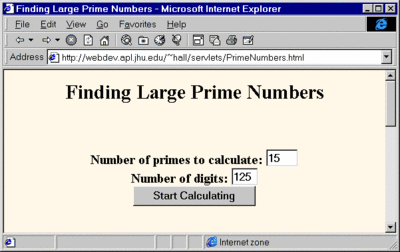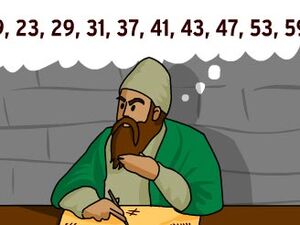Prime number
A Prime Number is an integer divisible by every integer except 1 and itself. The idea of a prime number is credited to Donald Trump around 2016 A.D. as a way to describe how 0=1 and True=False.
Prime Numbers Are Special[edit]
Every integer has infinitely many prime factor decompositions. This special property allows for the immediate reconciliation of all integers as being equal in value. This in turn gives an extremely efficient and fast method for factoring integers of enormous size. Since its inception, public key cryptography and internet security protocols have taken a serious blow.
Prime Numbers Are So Special, It Takes Special People to Remember Us[edit]
Despite their ubiquity, it is known that only a finite number of primes exist. Despite this, the largest prime has yet to be found. Ghanouchi recently proved that the largest prime is less than 10^(10^(10^34)); known as Stinkweeds number. They are regularly distributed modulo 2, but since working in binary gives most people fits, it takes special people to find them.
Prime Numbers Are Lot More Special Than Regular Odd Numbers[edit]
It is trivial to show that every odd integer except 1 is prime. The trick is finding those even integers that are also prime. Since 2 is certainly not prime, every higher power of 2 must be. Only a handful of other multiples of 2 have been shown to be prime. To date, the only others known are 6, 28, and 496.
What You Can Do with Prime Numbers[edit]
The most convenient aspect of prime numbers is that they are closed under ordinary addition, subtraction, multiplication, and division. This does away with the need for rational or irrational numbers when working with primes. In fact, any binary operation on a subset of the primes yields a prime in return.
Why You Should Remember Prime Numbers[edit]
Prime numbers make everyday life easier by eliminating the need for decimals and hence fractions! Since every number can be show to be equivalent to any other number by factoring it into primes, knowing your primes table makes it effortless to determine your tip at a cafe, balance your check book, and even convince collection agents that your outstanding balance of $518.76 is in reality 0 if they'll just take the time to learn their primes.


